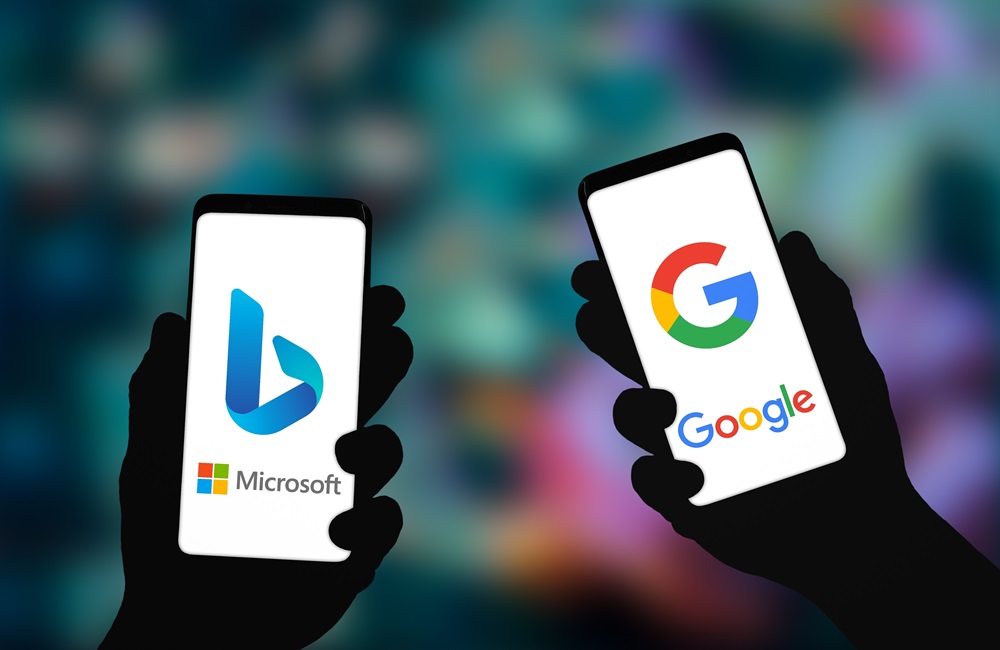Amidst the massive layoffs and recession worries, we recently came across some scintillating news from Cisco – which recently announced its goal to train 500,000 people with cybersecurity skills over the next 3 years in India. The training will be provided through Cisco’s flagship program, Networking Academy, one of the longest-standing IT skills-to-jobs programs in the world. We at ET Insights, had an exclusive interview with Laura Quintana, Vice President, and General Manager, Cisco Networking Academy, to understand the ramifications of this massive training program in India and further visions of outreach. Edited excerpts:
Can you talk about the Cisco Networking Academy and its future perspective?
The number of Networking Academy students that we have every year is around 113,000 every year. On a global level, it’s 3.2 million. But in India in particular, we have – 700 academies, which are colleges, universities, and nonprofits. This enables us to expand our reach and continue to grow. India is where we envision a lot of opportunity due to its young population where 66% are under 30 – 35.
The Networking Academy has been around for almost 24 years in the country, and we grow with the program. We see tremendous opportunity in India to the point that we’ve established partnerships with seven state governments within India and that has led us to expand our reach to technical colleges and universities broadly. We’re also working with nonprofits because it’s important for us to ensure that we reach the underserved.
What is the scope of the Skills for All programs?
In July 2021 we launched Skills for All, collaborating with the Networking Academy. In those places where we didn’t have academies, colleges, universities, and in some instances even companies, we have recognized the huge scope for training and upskilling and recognized that there are different types of partnerships and we still wanted to get to an individual level.
This is when we created a mobile-first experience. It allows us to reach learners directly. If you have a smartphone, you can access courses to learn skills. We have started with a cybersecurity pathway to fill the tech skill gap. Cybersecurity skills are important and learning them leads to global certification.
Reliable connectivity is a dream, but our learners do have smartphones. And what we realized during our first year was that, globally, 300,000 individuals opted for tech skill training, and that allowed us to expand our reach into different countries.
Educating and preparing warriors for tomorrow to tackle cybersecurity issues. We have developed a top-notch curriculum is the investment we are making for the future. We adopted a mobile-first experience that’s gamified. There are scientists involved in the development of our curriculum and our value contribution in India. There is an inherent value in what we provide.
You worked earlier on developing health tech in the Jordan healthcare program. Are you looking at implementing such an initiative in India?
We connected 7 hospitals and 2 mobile clinics so that we could have experts in rural communities.
We identify the areas where we can digitalize and help address a particular societal issue or business problem. We are looking at more health-tech-related connections in India and are working towards the same.
Speaking about powering an inclusive future for all, how do cybersecurity skills support this initiative?
We see cybersecurity skills supporting initiatives across the board. The threat landscape has increased massively due to an exponential increase in malware. So, addressing cybersecurity is the need of the hour. And we need to take steps to bolster cybersecurity.
We equip individuals with skills in a way that’s inclusive. We are giving back to society and helping the most underserved through programs like Skills for All, or through nonprofits. We’ve worked with NIITs to reach underserved communities, and underrepresented individuals, especially women, who otherwise have fewer opportunities to learn technical skills.
As individuals, if we are aware of and protect our devices and personal data, then we are truly equipped to tackle this smart world today.



